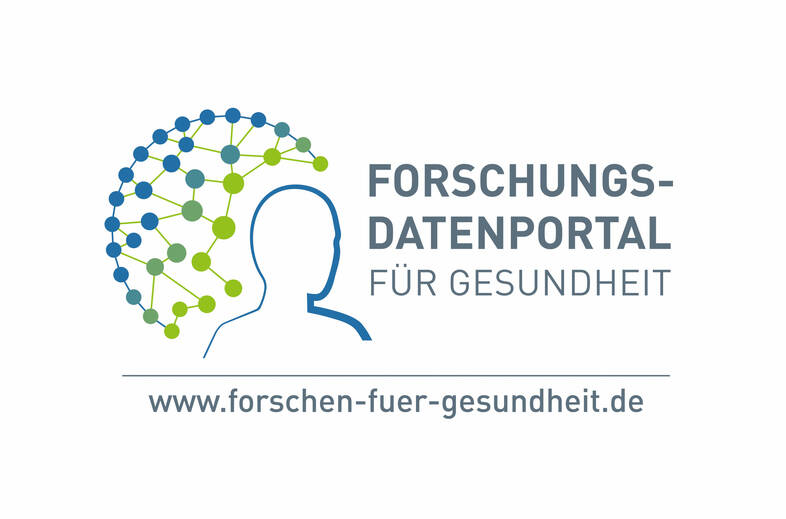In Portrait | German Portal for Medical Research Data (Deutsches Forschungsdatenportal für Gesundheit, FDPG): a unique data portal for medical research – access expanded to corporate research projects

In medical research, access to comprehensive data is particularly important. Thus far, it has often been complicated and time-consuming for scientists to obtain reliable data. However, thanks to the FDPG, short for German Portal for Medical Research Data, this should get a lot easier in the future. What makes this portal special is that, for the first time ever in Germany, it gives medical research access to routine data across university hospitals and has lately been expanded to include data from non-university institutions.
The FDPG, which has been in operation since 2022, was and continues to be developed by the Medical Informatics Initiative (MII), which in turn was founded in 2018 with the aim, among others, of giving doctors, patients and researchers access to necessary information. The German Federal Ministry of Education and Research funds the MII with more than EUR 480 million. The coordinating body of the MII is run by the Technological and Methodical Platform for Networked Medical Research (Technologie- und Methodenplattform für die vernetzte medizinische Forschung e. V., TMF), which also operates the FDPG.
Patient data from routine treatments
The data and bio samples released upon request by the FDPG originate from German university hospitals and research institutions. “The patient data used is standard data routinely generated in the course of treatment; it is not collected separately,” explains Dr. Philip Kleinert, bioinformatician and research assistant at TMF. “The data remains at the hospital where the patients were treated. It is processed in so-called data integration centers and, after intensive examination and only with the consent of the patients, it is released in pseudonymized form to the applying researchers for specific research projects.”
What makes FDPG unique is that research data is standardized in such a way by the MII that it is possible to merge data from several university hospitals in accordance with data protection regulations. “This enables clinicians to conduct their research on a much larger database, supporting the generation of hypotheses, the preparation of clinical studies and healthcare research. Research results become more comparable and reproducible,” Kleinert emphasizes. “The need for data in research is enormous, especially with regard to new applications of artificial intelligence in patient care and focused research into rare diseases.”
Circle of beneficiaries expanded
When the portal started to operate in 2022, only researches from MII locations were able to use the data. By now, the circle of beneficiaries has been expanded. “Like other institutions, corporate research units can submit an application for data use to the FDPG, exclusively for medical research purposes,” Kleinert explains. “If the research project in question is approved by an ethics committee and the application for data use is approved by the use and access committees of the participating hospitals, the corporate research institution receives the requested data in coded form.” At present, the development and operation of the data portal are being publicly funded and its use is free of charge. The research projects themselves and their outcomes are published by the FDPG and are universally accessible. According to Kleinert, roughly 600 users from the fields of academic and corporate research have registered with the FDPG so far.
Long list of further plans
Even though the FDPG as an overarching infrastructure is active at all university hospitals, Kleinert appreciates TMF's headquarters in the very center of the German capital, Berlin-Mitte. “Researchers, developers of infrastructure and clinicians come together here, and scientific symposia and network meetings take place. Another advantage is that the seats of other relevant health sectors organizations, such as the MFT, the Medical Faculty Association of Germany, and the VUD, the Association of German University Hospitals, are really close by.”
The FDPG has a long list of further plans. “There are still a number of problems, as the heterogeneous research landscape in Germany cannot be harmonized in one day,” explains Kleinert. “The harmonization of routine data continues to be a challenge that we have not fully met yet.” In addition, the application processes are to be optimized and several core dataset modules are in the works that will expand the database. The available data pool is to be extended to include information originating from the outpatient and regional sector as well as from health insurance companies and medical registers.
Related Links:
FDPG website: https://forschen-fuer-gesundheit.de/
TMF website https://www.tmf-ev.de/
Medical Informatics Initiative website https://www.medizininformatik-initiative.de/de/start



